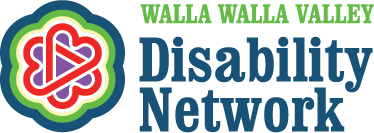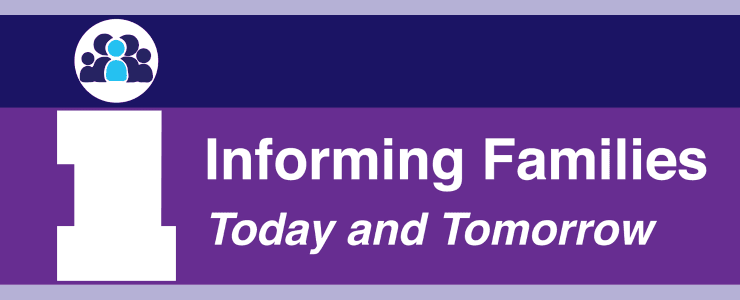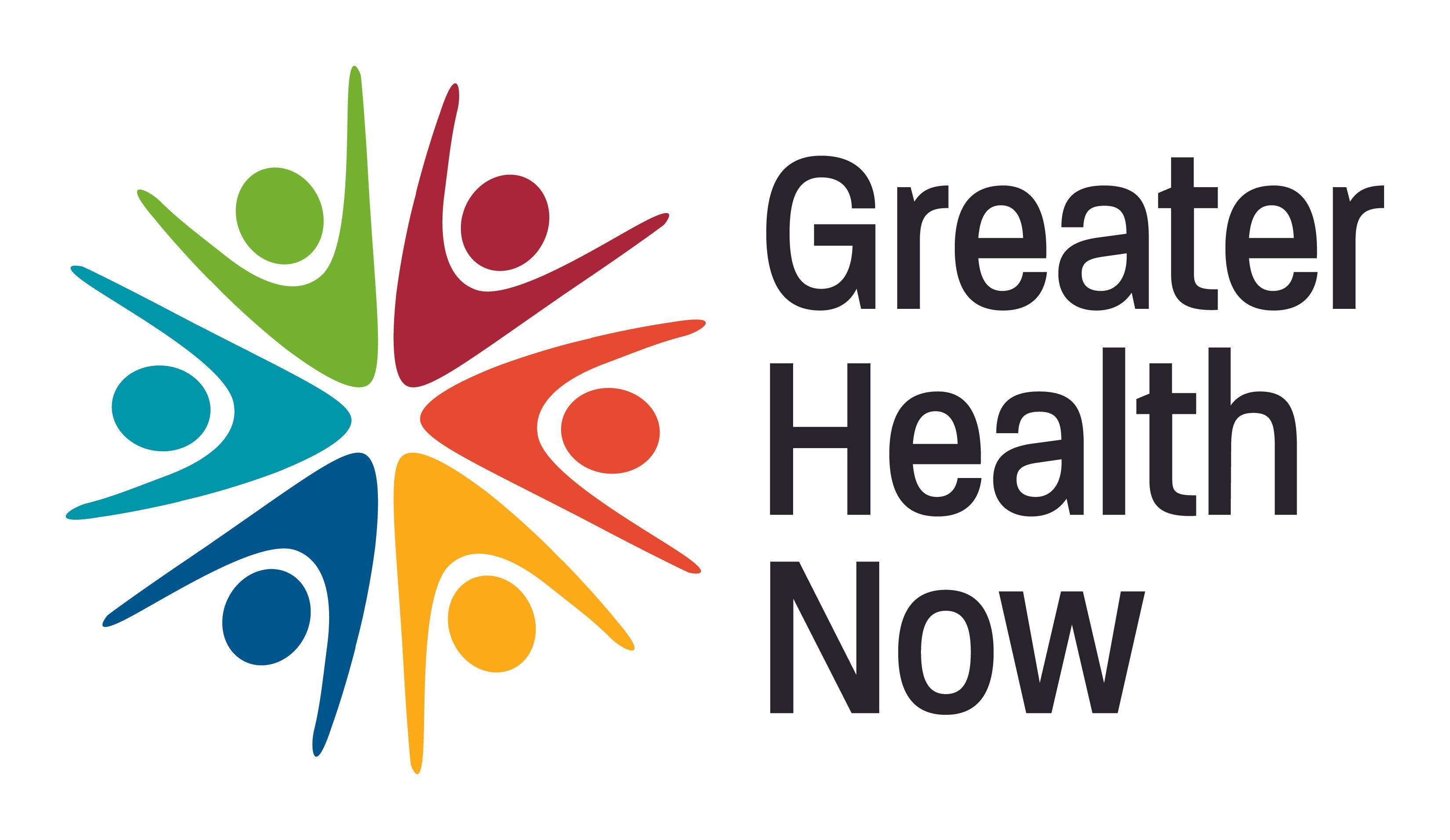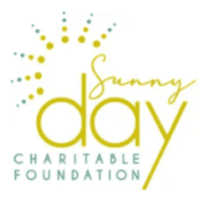STEP 1: Applying for Eligibility to Receive Services
-
There’s a good chance you’ve heard lots of reasons for enrolling with the Developmental Disabilities Community Services (formerly known as DDA, now know as DDCS)… supports and services for you and your family, engaging with your community, and learning new skills to help build the life you want. But did you know there are additional benefits even when you do not want a support service right now?
-
This printable pdf gives helpful insight and shows if your child or adult - of any age - may be eligible for DDA services.
-
DDA Enrollment, also known as DDA eligibility, is the first step in a multi-step process to apply for services. It is an application to determine if you meet developmental disability eligibility criteria. It is not the same as asking for services. This video, which is Part One of a two-part series, explains how to enroll in DDA and what to expect when you do.
-
Solicitar la inscripción es el primer paso para solicitar los servicios de Discapacidades del Desarrollo de DSHS. Es un proceso para determinar si cumple con los criterios de elegibilidad por discapacidad del desarrollo. No es lo mismo que solicitar servicios. Este video se enfocara en los pasos para la inscripción en la DDA.
-
Your questions answered regarding: How to Apply, Why Apply, Who Can Apply, What is a Developmental Disability, and How to Request Services.
-
This video walks you through each step of applying for DDA eligibility.
-
Most services are not an entitlement, which means that being eligible for DDA does not automatically result in enrollment for services. There can be a long wait, but it’s important to take the first step, which is applying for a determination of DDA eligibility.
STEP 2: I'm Eligible - What Now?
-
If you have applied for DDA services and been determined eligible to receive services, you must still ask to receive specific services. This video explains how to do that.
-
Este video explica tres pasos principales para recibir los servicios que pidió después de la inscripción.
-
The purpose of an annual service planning meeting is to assess and plan supports (both paid and non-paid) that are needed to reach the individual’s goals. It’s a person-centered process, helping to ensure that the plan reflects the person’s preferences, interests, and abilities.
-
This video will walk you through what to expect during your assessment, what documents you will need, who you can invite, and more.
-
The Developmental Disabilities Administration offers five Home and Community Based Services (HCBS) waivers: The Basic Plus, Core, Children’s Intensive In-Home Behavioral Supports, Community Protection, and Individual and Family Services waivers.
-
There are five DDA waiver programs: Individual and Family Services (or IFS), Basic Plus, Core, Children’s Intensive In-Home Behavior Support (or CIIBS), and Community Protection. This video series gives an overview of services and eligibility for each waiver.
-
Community First Choice, or CFC for short, offers a variety of services to assist children and adults with disabilities with everyday activities, such as: personal care, skills acquisition training, assistive technology, personal emergency response systems, community transition services and caregiver management training to help people live as independently as possible. This series explains each of the services included in the CFC program.
For DDA Clients Receiving Services
-
List of services and programs offered by the Developmental Disabilities Administration with links to their webpages.
-
Effective January 1, 2023 eligible clients can use Community Inclusion and DDA Supported Employment services at the same time. The goal is to support people with developmental disabilities to work and connect to their communities.
-
These fantastic resources provide information on eligibility, services, oversight, and stakeholders. Definitely worth taking a look!
-
Online form where you can submit a complaint or ask a question.
You can also consult the DDA Roadmap to Resolution (pdf) for assistance:
https://www.wwvdn.org/file_download/d6562548-5ee4-4c0c-afda-77e9b0d29cca -
Person-Centered Plan Facilitation is a way to bring you and all of your supports together at once. A contracted provider for Person-Centered Plan Facilitation leads you and your support group in the creation of an interactive map of who you are and what you want to do in your life.
-
Contains information on free and low cost support, DDA and non-DDA services and programs, and local resources.









